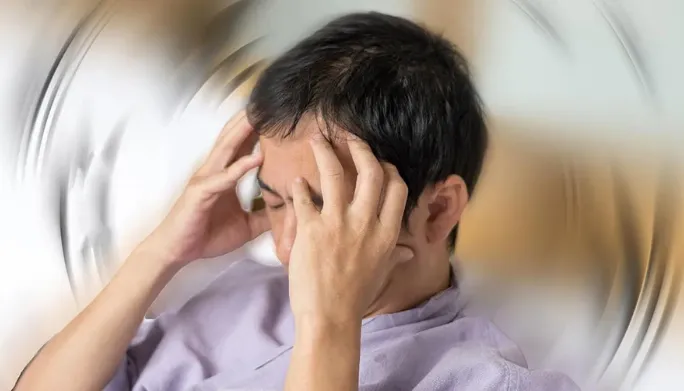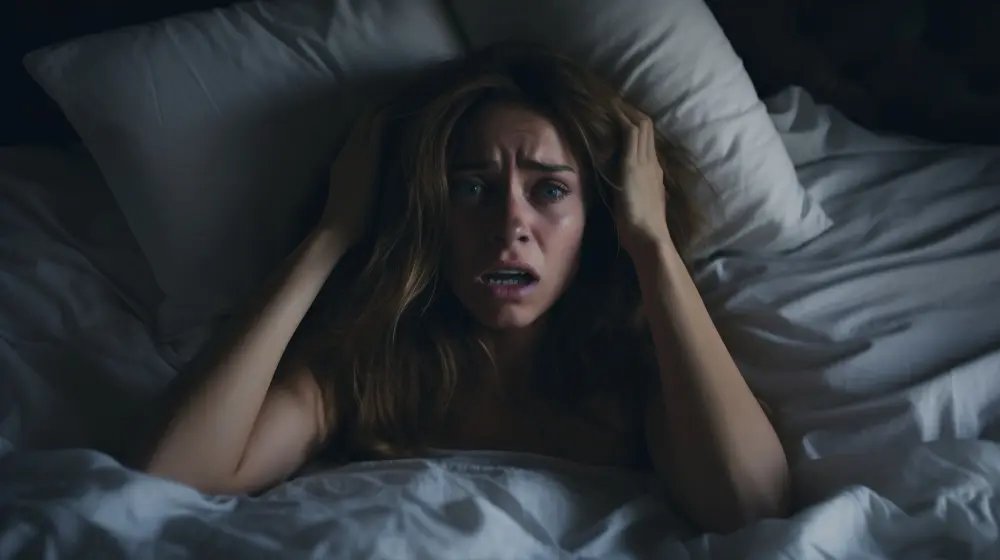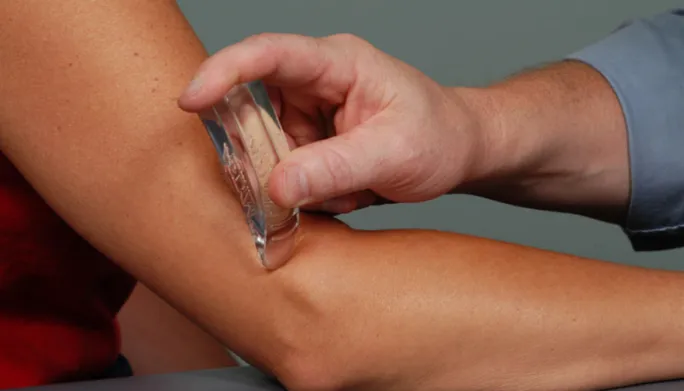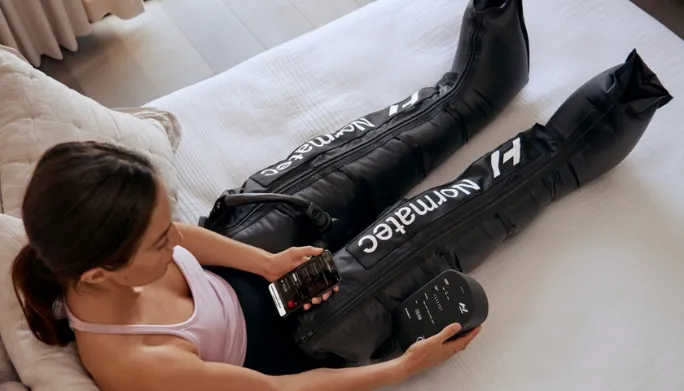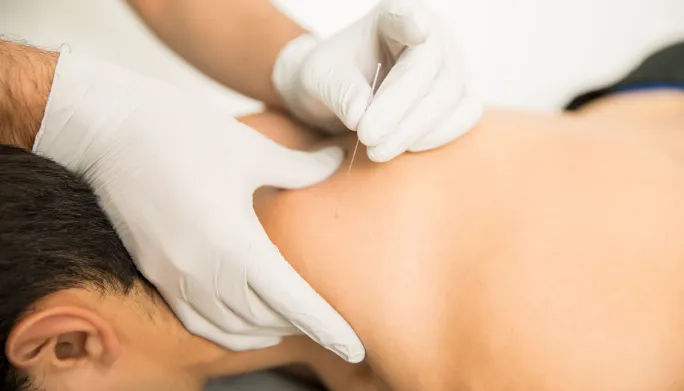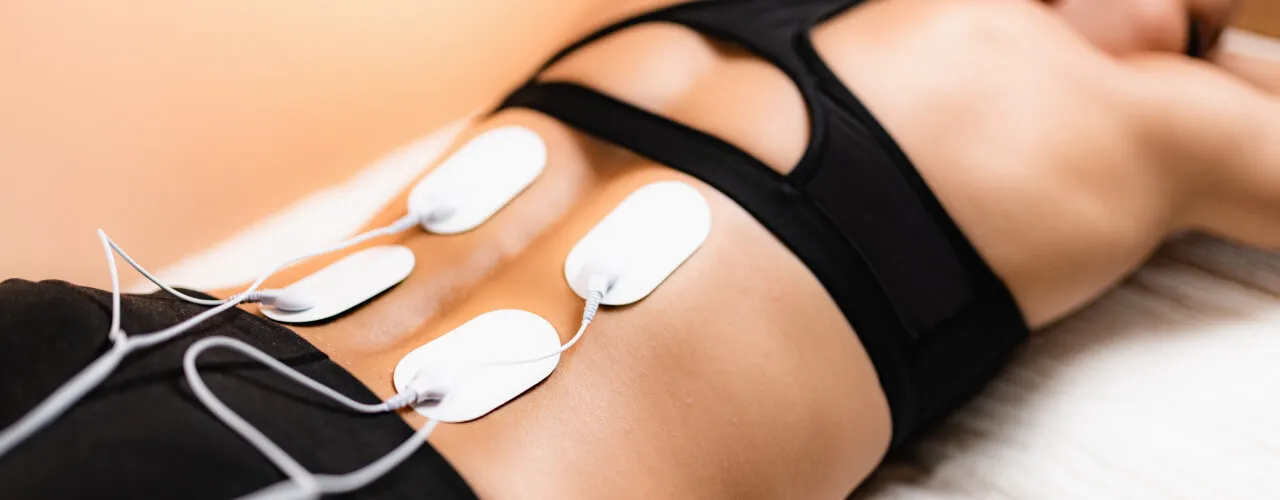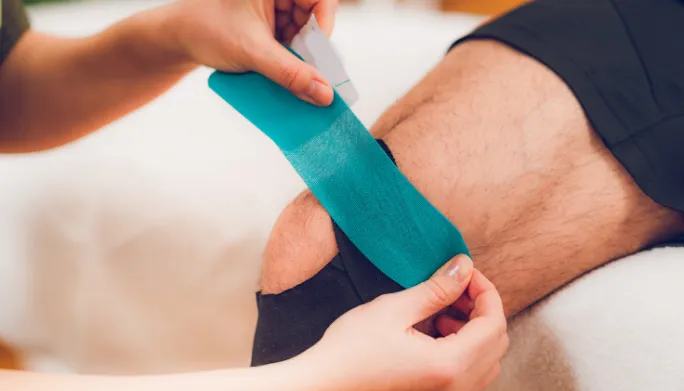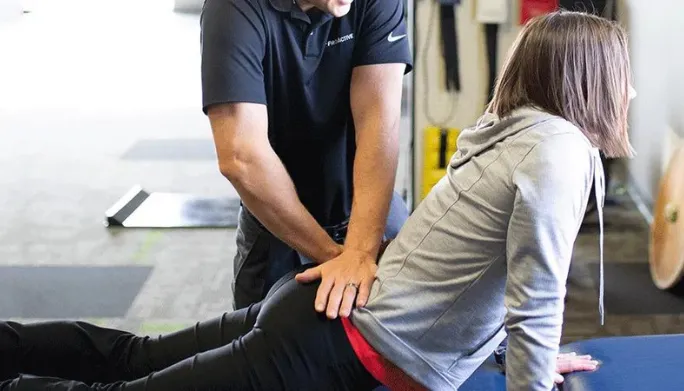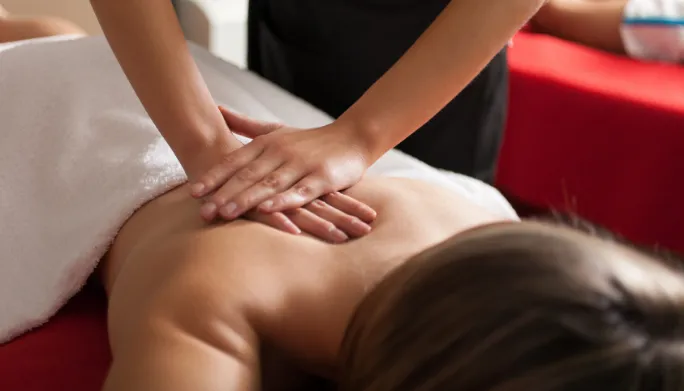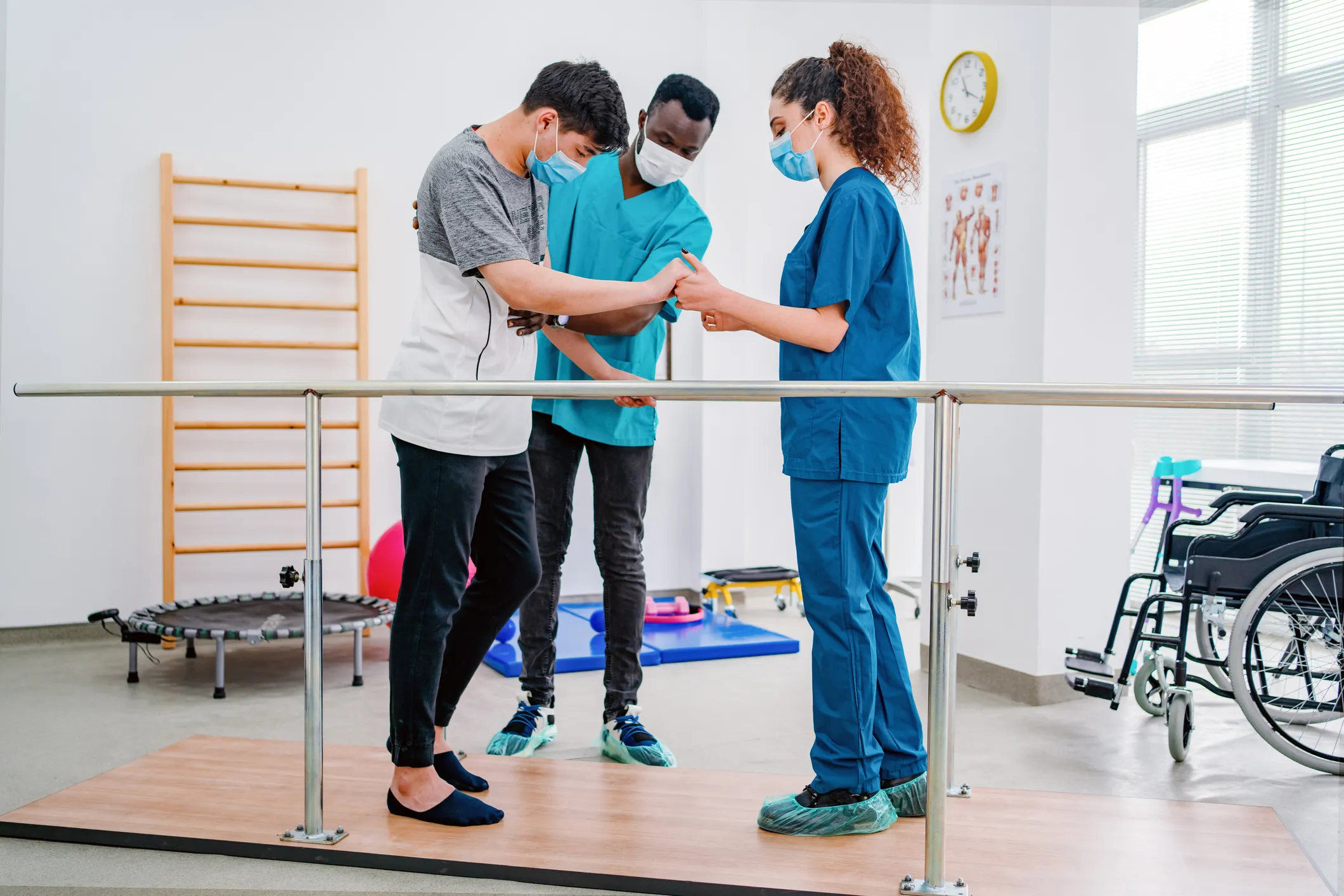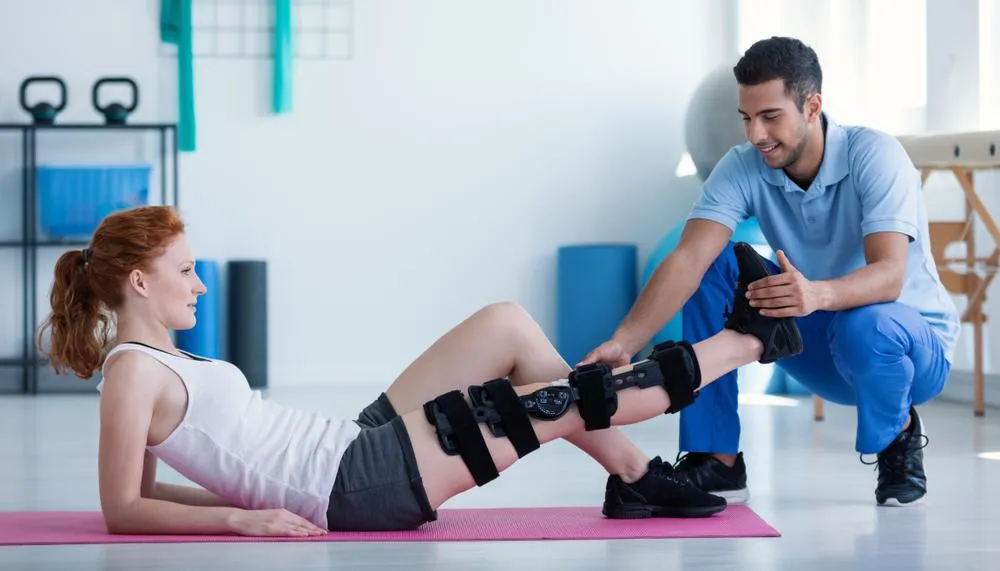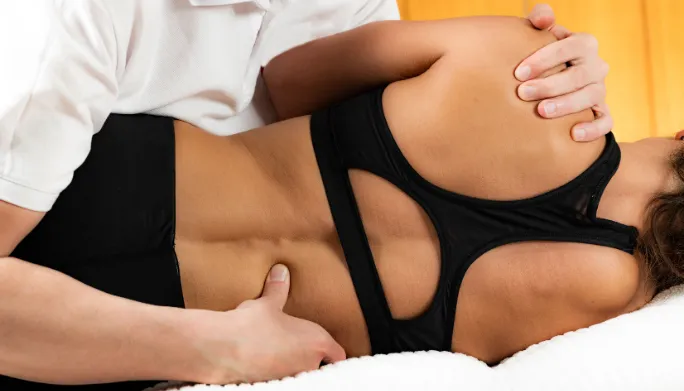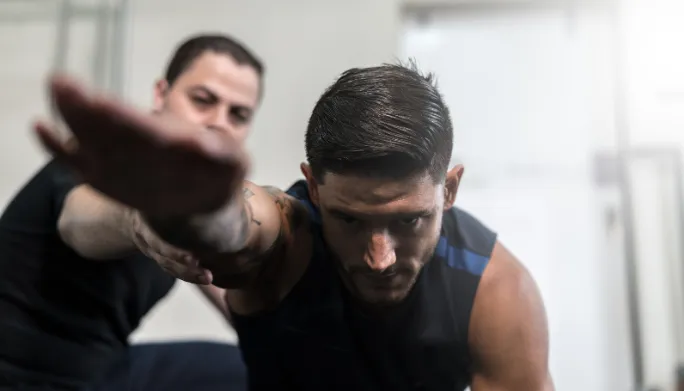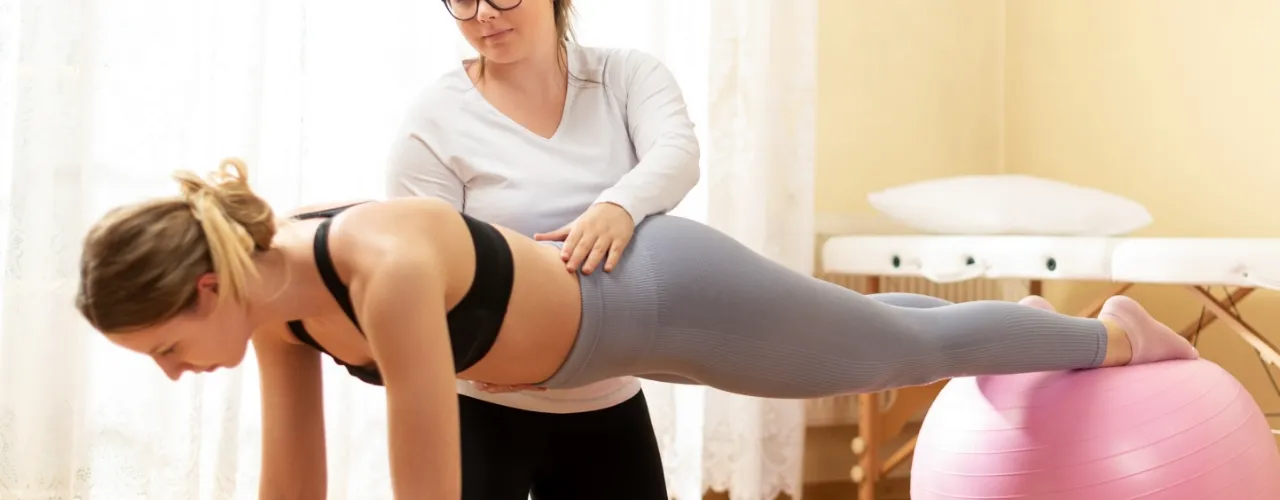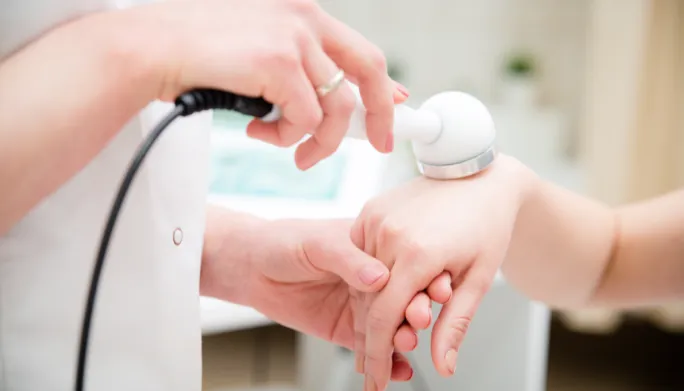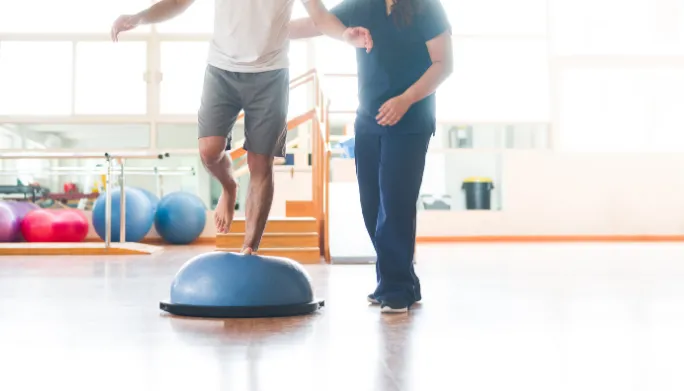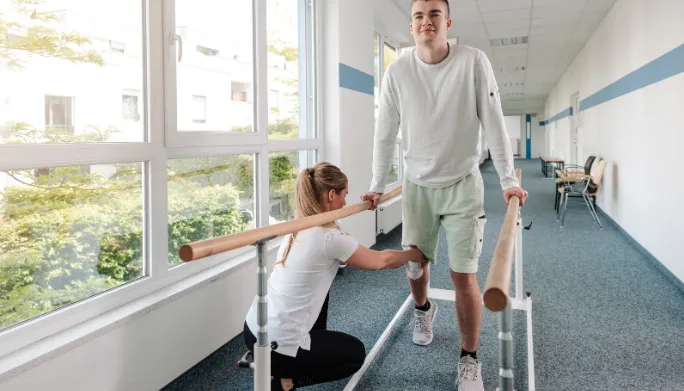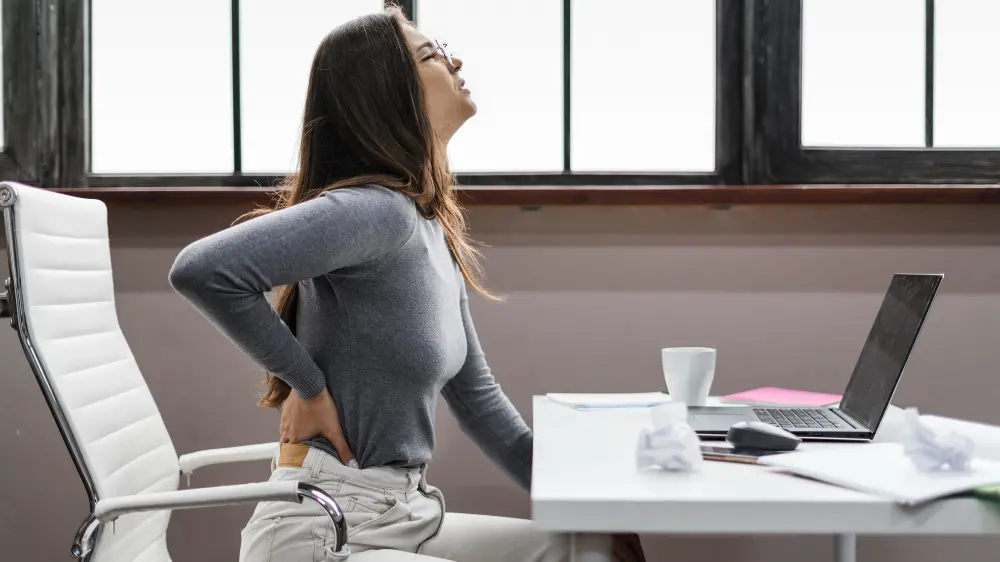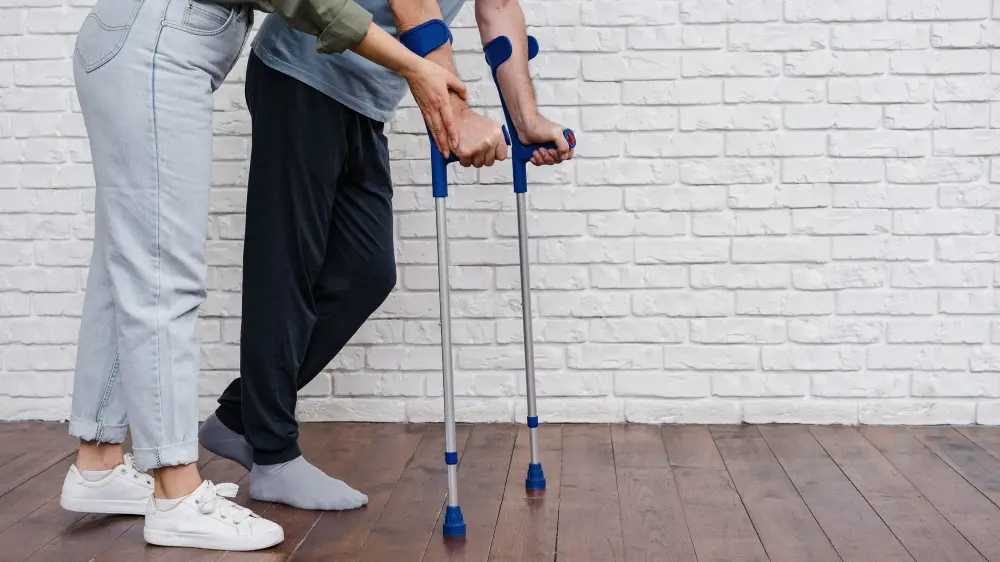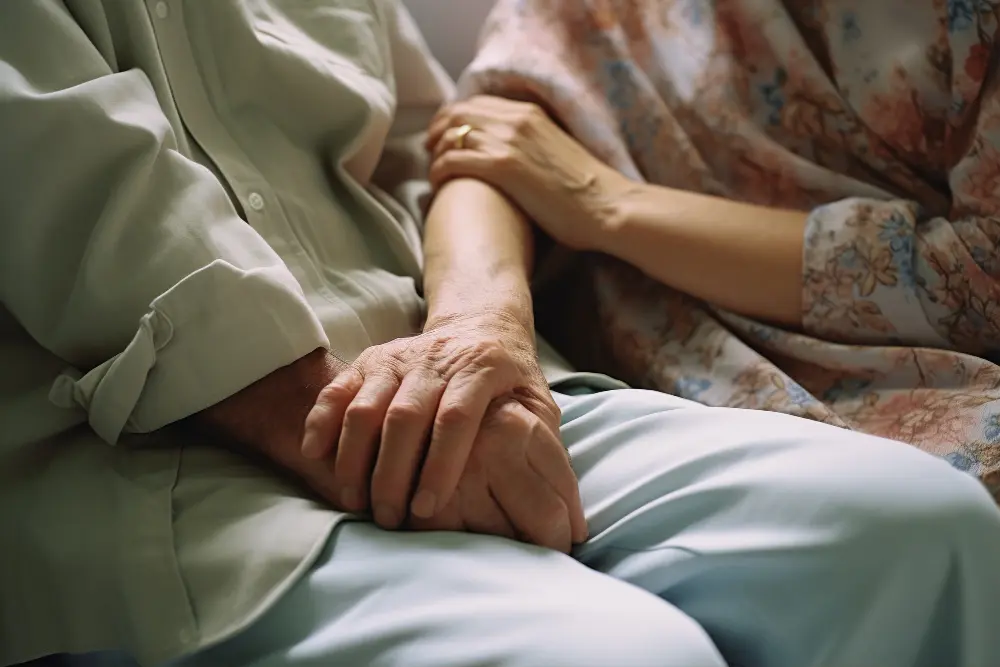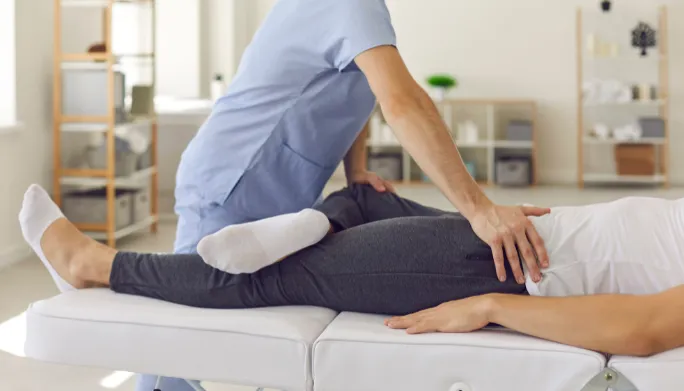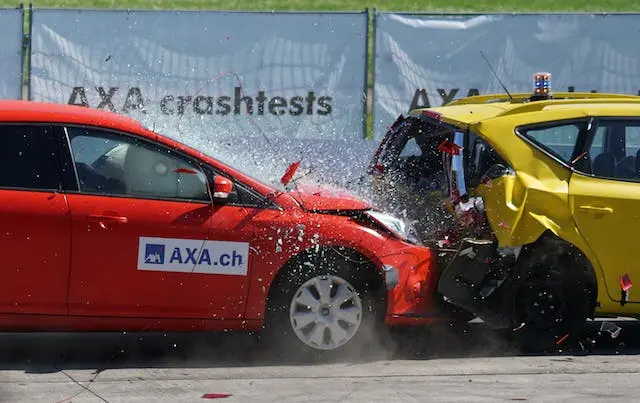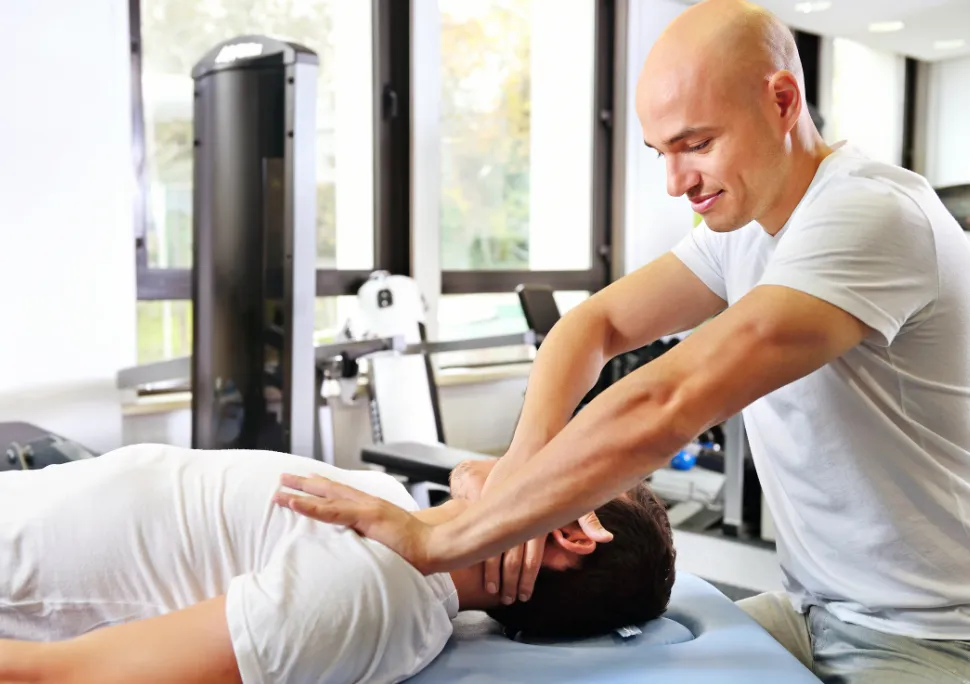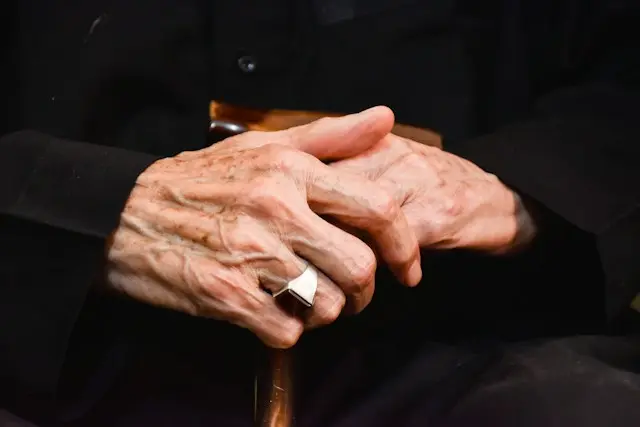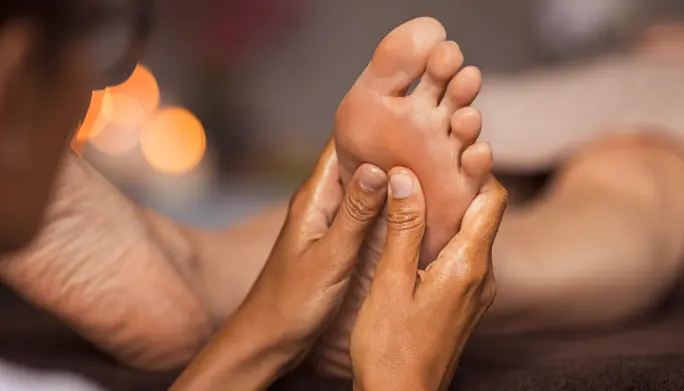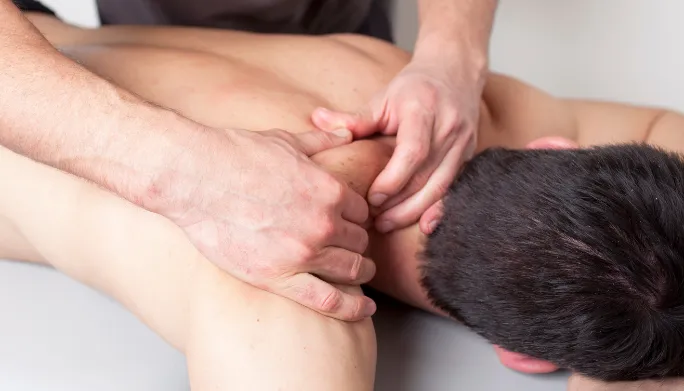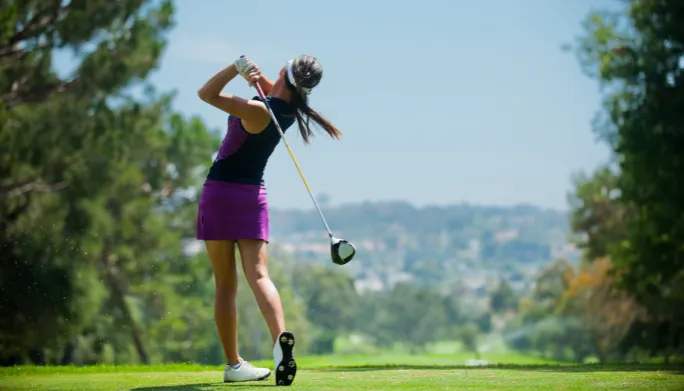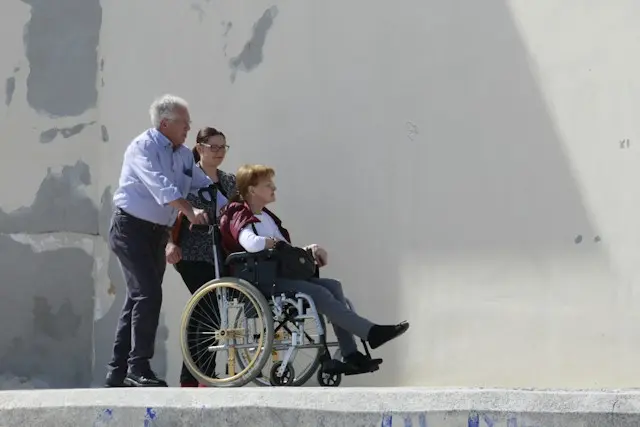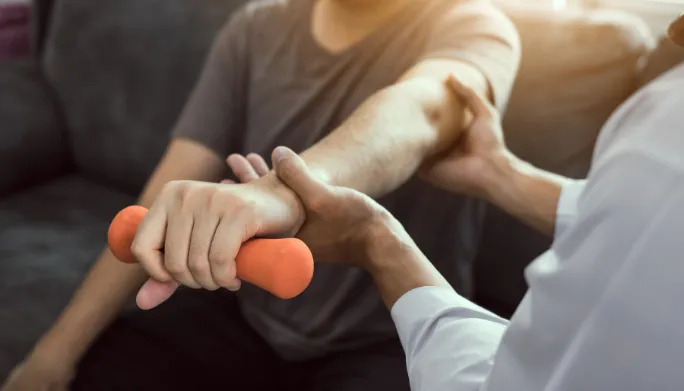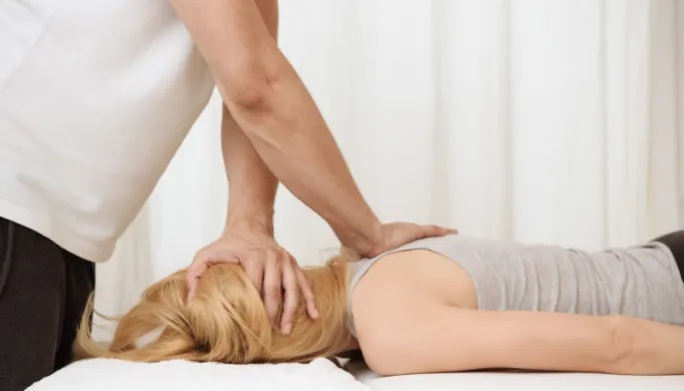Dizziness and Vertigo in Seymour, IN
Regain Balance and Stability from Dizziness & Vertigo in Seymour, IN
Do you suddenly feel like the room is spinning when lying down or turning over in bed? Do you lose balance performing routine motions like bending to tie shoes? Dysfunctional connections between your eyes, inner ear, and brain may be the culprit. The vestibular rehabilitation specialists at Progressive Physical Therapy facilitate profound improvements in chronic dizziness and vertigo through tailored treatment plans aligning targeted interventions to patients’ exact symptom triggers. Our goal is to get you moving confidently again through proven methods that enhance neuronal communication and sensory integration.
What Exactly Triggers Persistent Dizziness & Vertigo in Seymour, IN?
The vestibular system controlling spatial orientation and equilibrium relies on the seamless integration of multiple sensory pathways funneling into specific areas of the brain that calibrate body positioning. When dysfunction occurs, symptoms manifest in disruptive ways:
- Benign Paroxysmal Positional Vertigo (BPPV) – Crystals displaced within the inner ear upset the vestibular system provoking spinning sensations with position changes.
- Vestibular Neuritis – Inflammation of nerves involved in balance control elicits room-spinning sensations, nausea, and vision alterations.
- Meniere’s Disease – Excess inner ear fluid pressure causes intermittent vertigo episodes with hearing loss and ear fullness.
- Migraines – Nerve pathways between the brain and inner ear become irritated before or during migraine headaches prompting vertigo.
Customized Treatment for Dizziness & Vertigo Causes
Through comprehensive balance testing, we precisely determine the provocative triggers and degree of involvement. We then design personalized treatment plans that strategically target root causes through progressive interventions including:
Canalith Repositioning
- Specialized repositioning techniques move loose crystals from semicircular canals back to normal orientation areas.
- Restores proper function of the vestibular system, alleviating symptoms associated with Benign Paroxysmal Positional Vertigo (BPPV).
Balance Adaptation Exercises
- Controlled body movements and visual fixation challenges retrain stability reactions by stimulating self-corrective responses.
- Improves coordination and balance, helping the brain adapt to changes in position and movement.
Habituation Training
- Gradually increasing the intensity of stimuli conditions the brain to properly adapt to environments triggering symptoms.
- Reduces sensitivity to motion or positional changes, decreasing the frequency and severity of vertigo episodes.
Medication Therapy
- In cases involving severe nausea or anxiety, medications break the cycle so therapy progresses efficiently.
- Provides symptomatic relief, allowing patients to better engage in therapy and experience faster recovery.
The combination of modalities matched to your exact presentation according to diagnostic results delivers life-changing improvements in symptoms, coordination, and certainty of movement.
FAQs: Dizziness & Vertigo Questions Answered
What helps alleviate vertigo episodes long-term?
While medications like antihistamines occasionally provide initial acute relief, customized vestibular therapy retraining balance reactions through controlled exposure to disorienting stimuli offers lasting resolution by rebuilding faulty sensory connections.
What tends to trigger sudden dizziness and vertigo?
Rapid position changes like suddenly sitting up or looking upwards abruptly, visual stimulation from screens or busy patterns, and head movements beyond the vestibular system’s stability limits frequently elicit brief attacks in those prone to imbalance issues.
How long do vertigo bouts normally persist?
While variable based on the severity of inner ear dysfunction, episodes frequently last under one minute as vestibular function works to self-correct though certain conditions like BPPV cause longer 5+ minute room-spinning sensations with specific positional triggers until treated.
Can inadequate hydration contribute to dizziness?
Yes, particularly in vulnerable individuals, becoming dehydrated allows the thickening of inner ear fluids which can potentially aggravate delicate vestibular nerve connections enough to induce sensation fluctuations, lightheadedness, or unsteadiness. Maintaining healthy fluid intake prevents this.
Start Rebalancing Your Life Today at Progressive Physical Therapy
Vestibular disorders can make simple motions feel like turbulent chaos leading to anxiety about when the next unpredictable dizzy spell may strike. Navigating constant instability stifles independence.
At Progressive Physical Therapy, our balance rehabilitation experts empower patients to fully regain control over equilibrium and stability through customized interventions targeting the precise root causes of dizziness and vertigo shown by advanced diagnostics. We help remap faulty sensory pathways and stimulate innate self-corrective reflexes using progressive exposure therapy reinforced through gaze stability exercises and measured movement challenges. By methodically rebuilding neuronal communication, clarity, and confidence return.
About The Author
Dr. Belinda Hays, a Clinic Owner and Physical Therapist specializing in Physical Therapy, Orthopedics and Work Injury Management, puts patients at the forefront of their care. With years of experience, they guide individuals toward achieving their best selves. At Progressive Physical Therapy in Seymour, IN, Dr. Belinda Hays crafts individualized plans using cutting-edge techniques, empowering patients to overcome limitations and thrive.
Undergo Advanced Diagnostic Testing for Dizziness and Vertigo Seymour, IN
Ready to determine if targeted balance therapy may finally resolve your lingering dizziness and vertigo? Proper treatment begins with identifying the unique origin source of your equilibrium dysfunction through advanced diagnostic exams. These may include the analysis of eye movements, balance reactions, and inner ear signals that precisely pinpoint areas of neuronal miscommunication. We then design customized therapy to rebuild integration between visual, proprioceptive, and vestibular sensory networks alleviating disorientation. Contact us to have our vestibular specialist perform these essential evaluations so we can get started on mapping your pathway to confidently regaining clarity of motion again.

